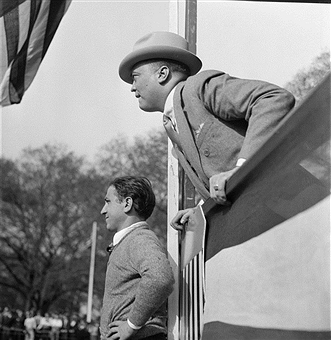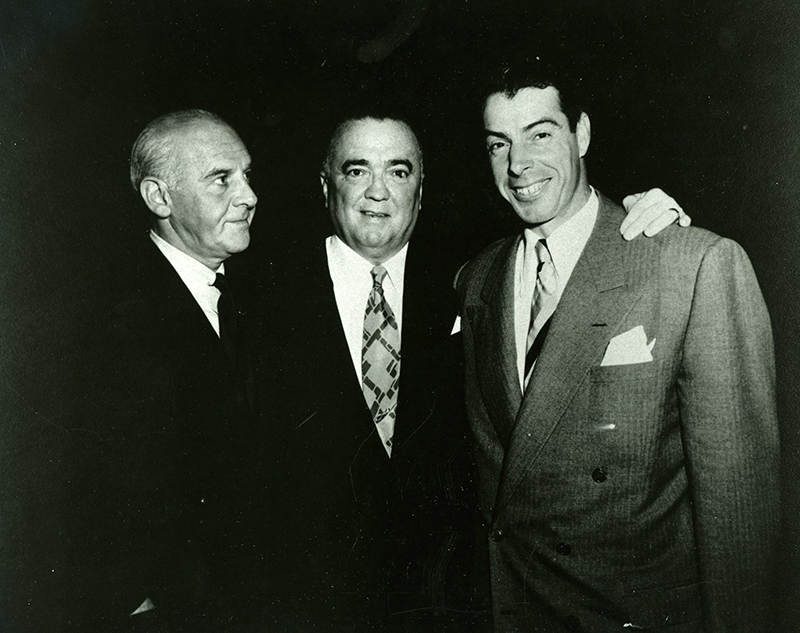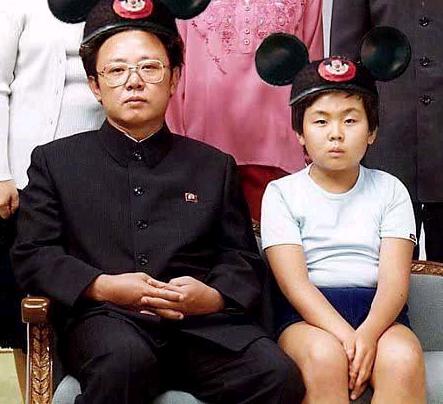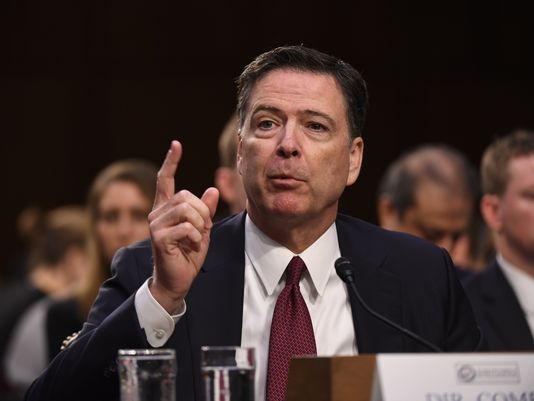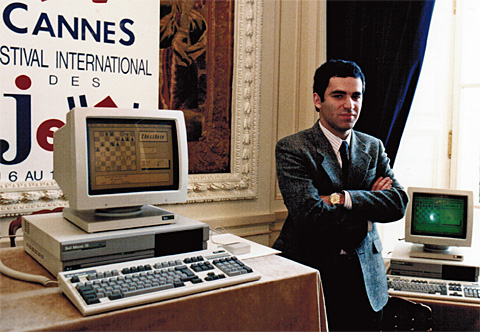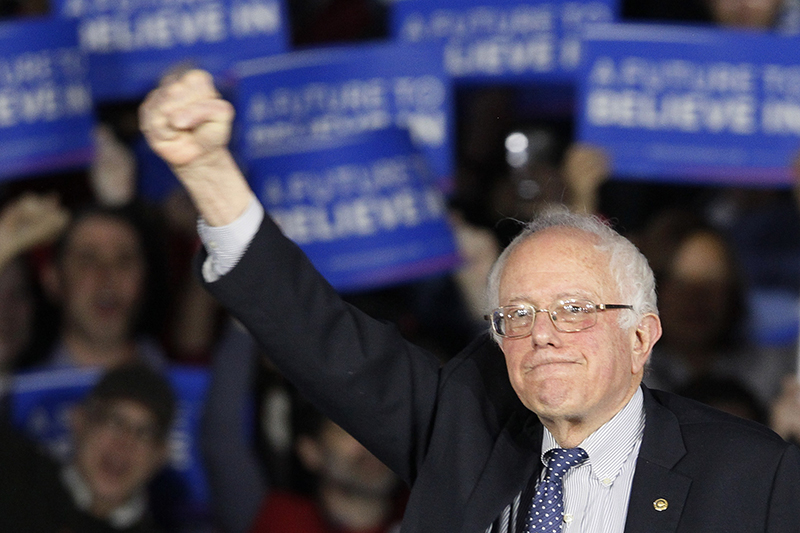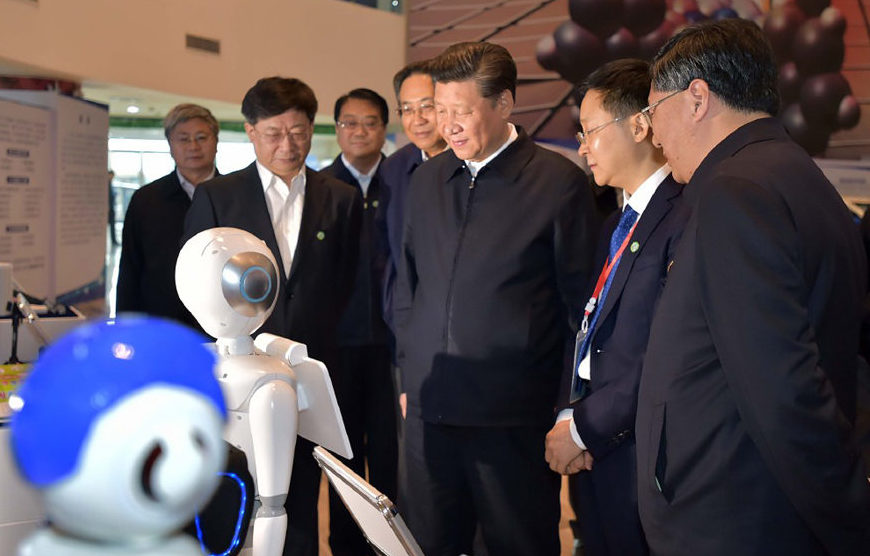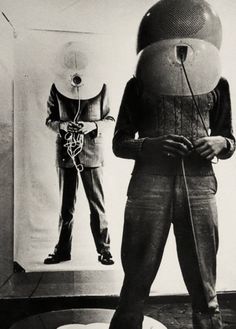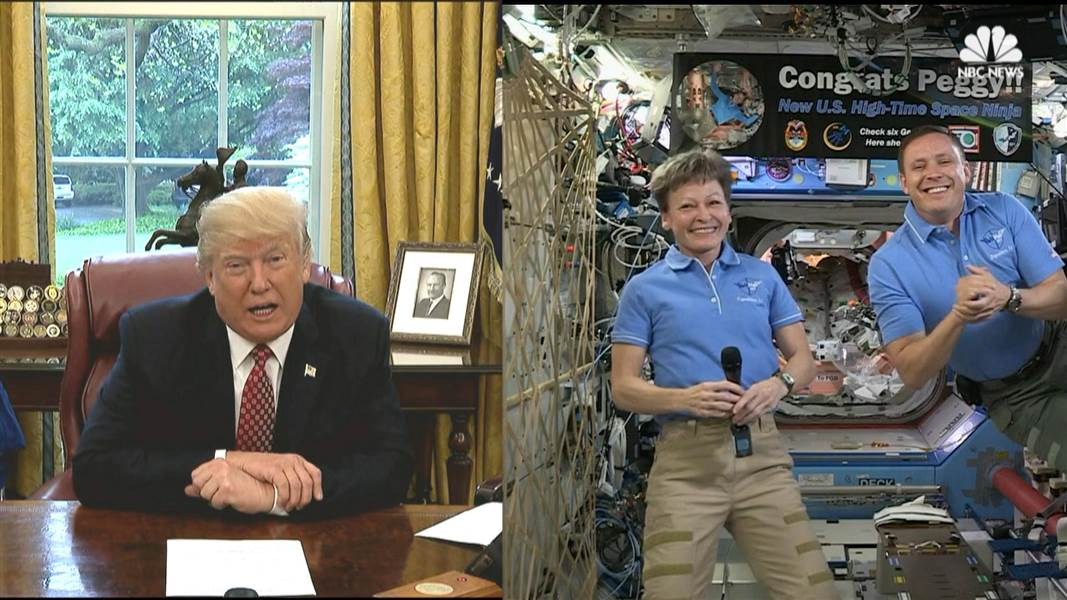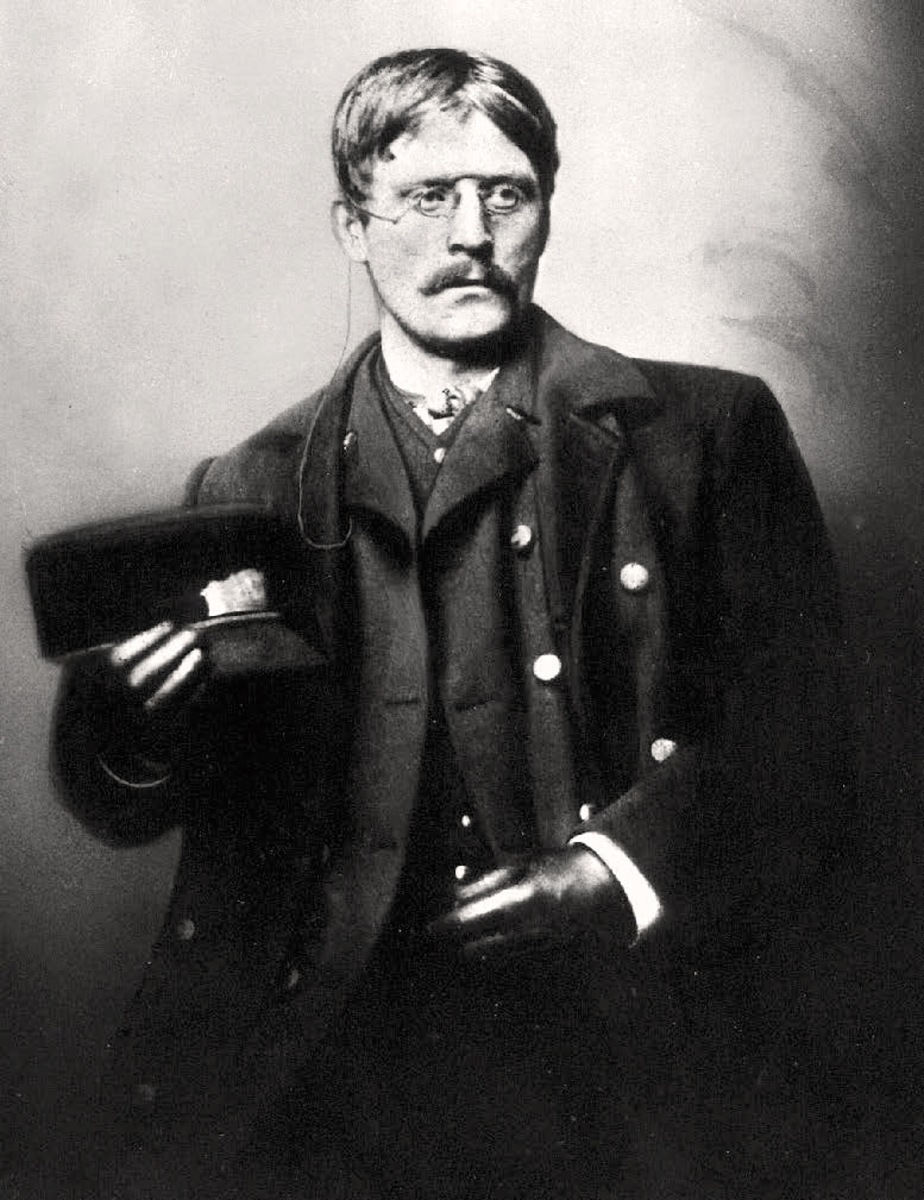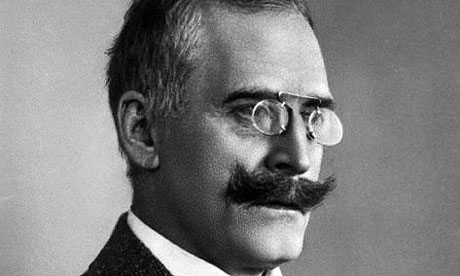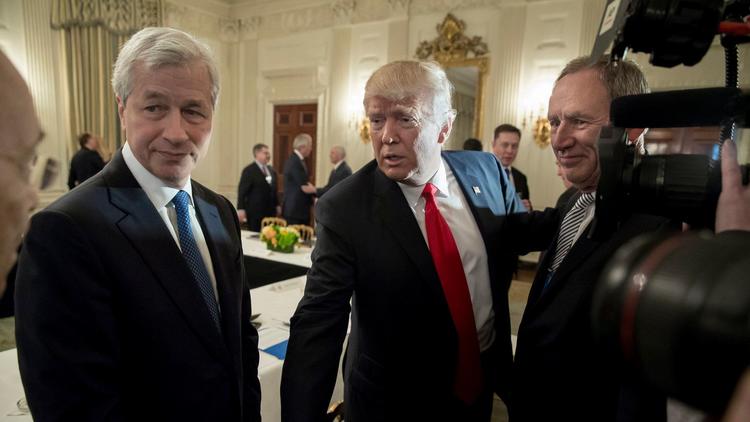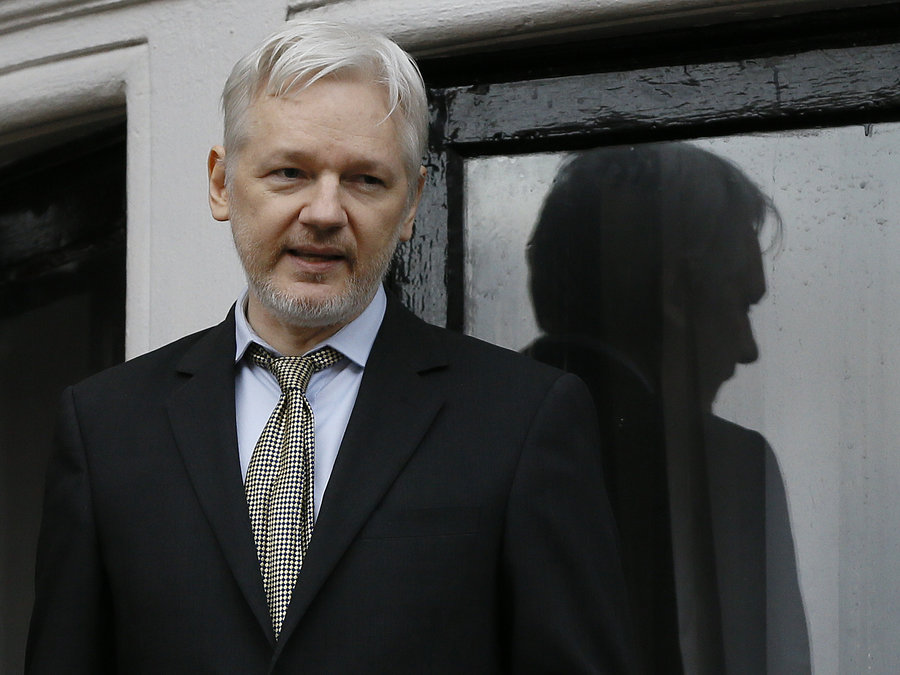One of the problems with the type of political tumult we’re now experiencing in the U.S. is that a stable government is required for people to let their minds explore culture freely and to focus outwardly on world situations that need attention. Right now, almost all our attention is directed at preventing Trumpers from dismantling democracy, leaving little bandwidth for anything else. Of course, even during the best of times, America has mostly ignored the deepening humanitarian crisis of the Gaza Strip.
According to a new London Review of Books article by Sara Roy, the troubles have gone much further than just electricity cuts (a move President Mahmoud Abbas requested of Israel to pressure Hamas) and other quotidian inconveniences. Economic hardship born of blockades has led to societal breakdown, with begging and prostitution the new normal, as nearly 70 percent of the population relies on international humanitarian assistance for basic survival. Drug abuse has increased, and suicide and divorce rates have skyrocketed. Bad has become worse.
Being a political football kicked from many sides has made inhabitants of the area increasingly open to extremist sects that can at least offer them some money. They’re not necessarily militants, just pragmatists. One Gaza businessperson tells Roy that Israeli-owned factories opened in the squeezed section would provide employment to young, jobless men and shut down the extremists. We’re not likely to learn anytime soon if he’s right, and if this generation of Palestinians may be more open to peace than the preceding one was or the succeeding one might be.
One bright spot in the article: “Gaza has a talented, tech-savvy population; if ever there were peace, an American investor said, ‘Gaza’s internet sector would become another India.’ The number of internet users in Gaza is reportedly equal to that of Tel Aviv.” Still, not much will come of it within the current reality.
From Roy:
Need is everywhere. But what is new is the sense of desperation, which can be felt in the boundaries people are now willing to cross, boundaries that were once inviolate. One day a well-appointed woman, her face fully covered by a niqab, arrived at the hotel where I was staying to beg. When asked politely to leave by the hotel staff, she aggressively refused and insisted on staying, obliging the hotel staff to escort her off the property with force. She wasn’t asking to beg but demanding to. I had never seen this before in Gaza. Another day a teenage boy came to our table quietly pleading for money for his family. By the time I got out my wallet, the staff had approached and gently ushered him out. He didn’t resist. He was educated and well-dressed and I kept thinking he should have been at home studying for an exam or out with his friends by the sea. Instead he was asked to leave the hotel and never return.
Perhaps the most alarming indicator of people’s desperation is the growth of prostitution – this in a traditional and conservative society. Although prostitution has always been present to a small degree in Gaza, it was always considered immoral and shameful, bringing serious social consequences for the woman and her family. As family resources disappear, this appears to be changing. A well-known and highly respected professional told me that women, many of them well-dressed, have come to his office soliciting him and ‘not for a lot of money’. (He also told me that because of the rise of prostitution, it has become harder for girls to get married – ‘no one knows who is pure.’ Families plead with him to provide a ‘safe and decent space’ for their daughters by employing them in his office.) Another friend told me that he had seen a young woman in a restaurant trying to solicit a man while her parents were sitting at a nearby table. When I asked him how he explained such incomprehensible behaviour he said: ‘People living in a normal environment behave in normal ways; people living in an abnormal environment do not.’
And Gaza’s environment is by most measures abnormal.•


